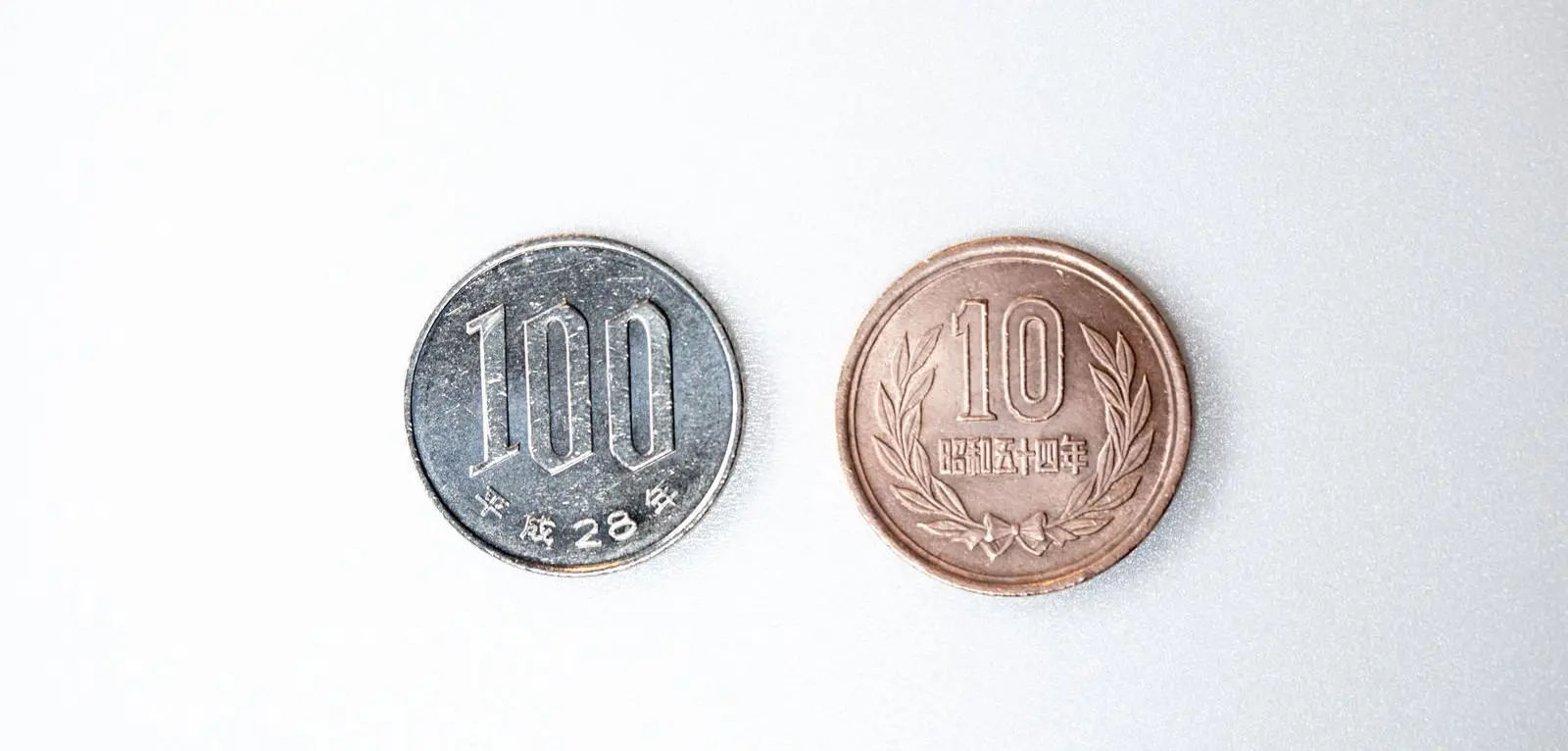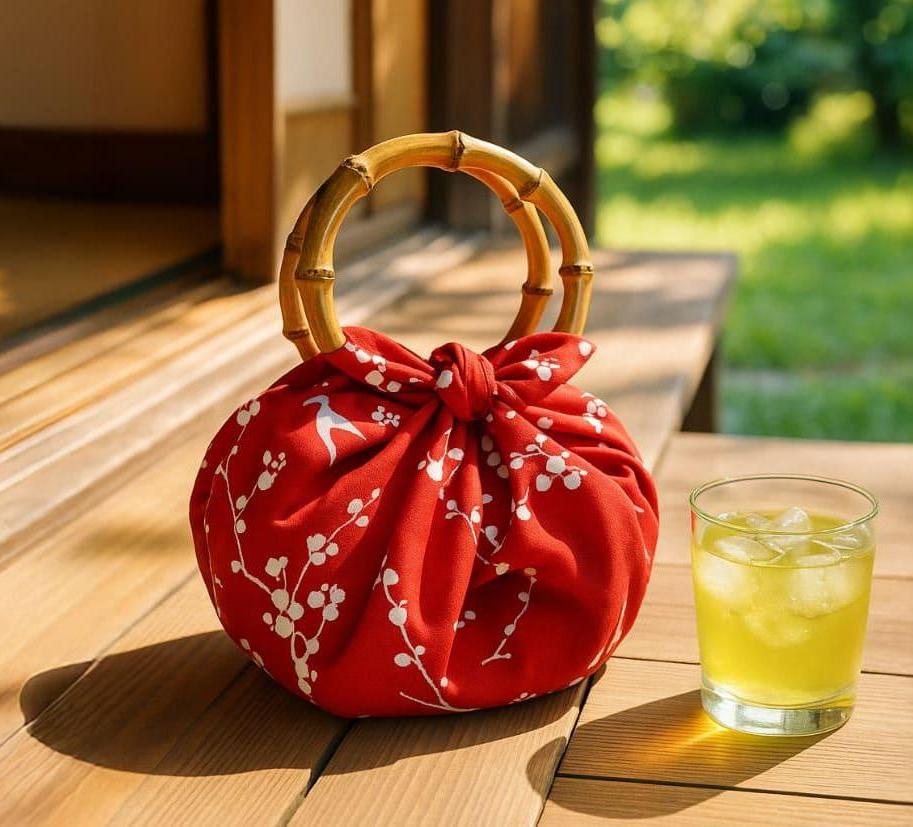Japanese 100 yen shops have become surprisingly popular among foreign travelers looking for souvenirs.
Unlike tourist-oriented gift stores — where prices can carry more markup than meaning — 100 yen shops are places where locals buy daily necessities.
That means every item on the shelf is constantly judged by Japan’s famously cost-conscious consumers.
Walk inside, and you’ll see neat rows of items that look far too good to cost just a hundred yen — sometimes in every color imaginable.
Eight out of ten first-time visitors reportedly ask, “Is this a charity project?”
(The remaining two politely inform the staff that the price tags must be wrong.)
But beneath that perfection lies another truth: a small number of products that seem designed to make you regret ever trusting them.
Even Japanese shoppers have fallen for these “100-yen traps” at least once.
Here are seven items that locals quietly agree you shouldn’t buy at Japanese 100 yen shops.
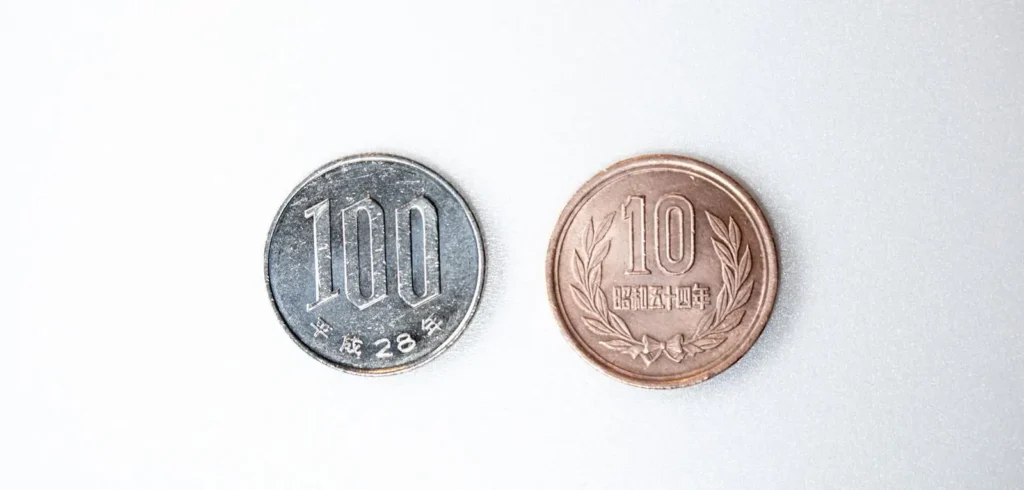
1. Seven Things You Shouldn’t Buy at Japanese 100 Yen Shops
1-1. Plastic Wrap
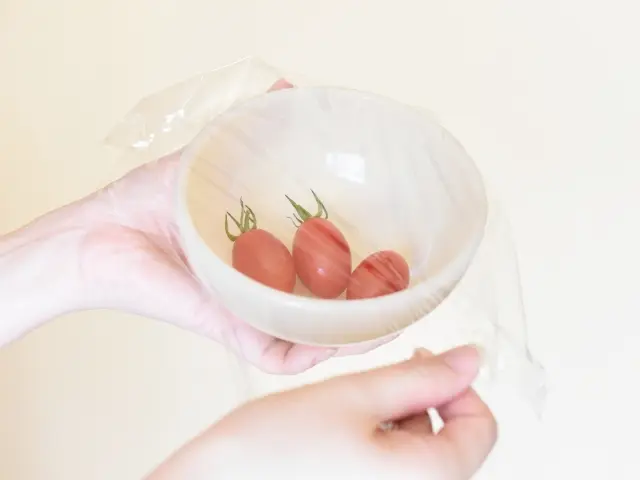
You may have heard the saying:
“Once you use Japanese plastic wrap, you can never go back.”
That’s absolutely true — but only if we’re talking about two specific brands:
Kure Wrap (by Kureha) and Saran Wrap (by Asahi Kasei).
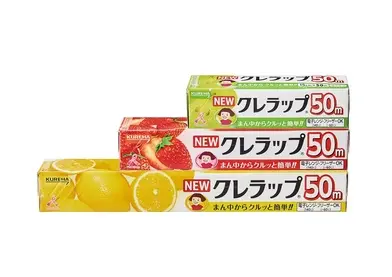
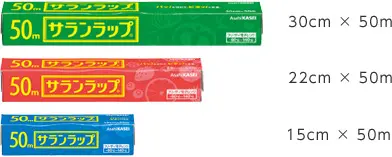
These two are miracles of household engineering — thick, perfectly adhesive, and heat-resistant.
They’re made from polyvinylidene chloride (PVDC), a material that clings tightly to dishes and withstands heat surprisingly well.
Most 100 yen wraps, however, are made from polyethylene (PE) — a cheaper plastic that’s thinner, less sticky, and not exactly microwave-friendly.
In other words, they look like “Japanese plastic wrap,” but behave like the kind you’ve been trying to escape from.
Don’t buy it.
Where to buy instead
Get Kure Wrap or Saran Wrap from any supermarket or drugstore — both are top-quality and easy to find.
1-2. Power Adapters & Electronics
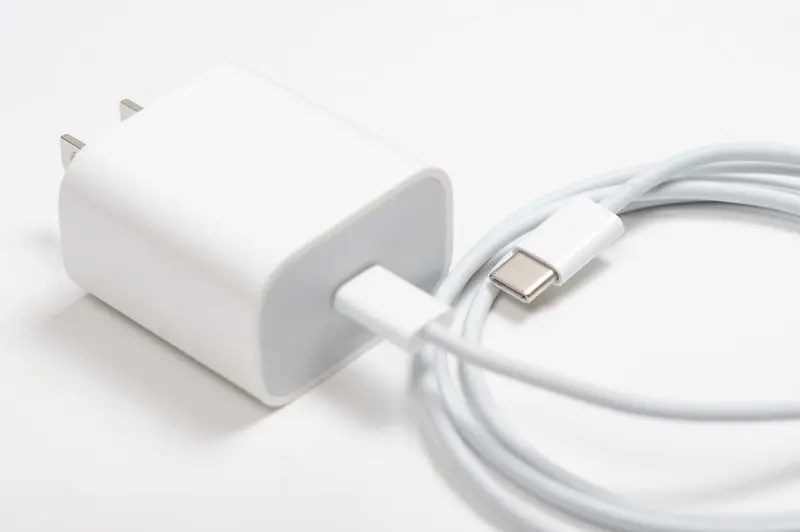
It’s a common travel scenario.
You get to your hotel, reach for your charger, and realize the plug doesn’t fit.
So you head to the nearest 100 yen shop, grab an adapter or cable, and think,
“This should do.”
That’s where the trouble begins.
To be fair, there’s nothing wrong with 100 yen products themselves —
they usually deliver exactly the value you paid for.
The problem is, you only paid a hundred yen.
Many cheap adapters and extension cords are loosely inspected and designed only for Japan’s 100V system.
And yes, the warning is there — in Japanese, printed discreetly, as if not to disturb anyone.
“For use with 100V outlets only. May overheat or deform in 240V regions.”
USB cables and charging adapters aren’t much better.
Some have weak output, others don’t support fast charging,
and reviews often mention phones that barely charge — or start to heat up alarmingly.
Not worth buying.
Where to buy instead
Browse the electronics sections at Bic Camera or Yodobashi Camera — many models are clearly labelled for travellers.
Don Quijote also stocks travel adapters and chargers, though check the voltage and specifications before buying.
1-3. Cosmetics & Skincare
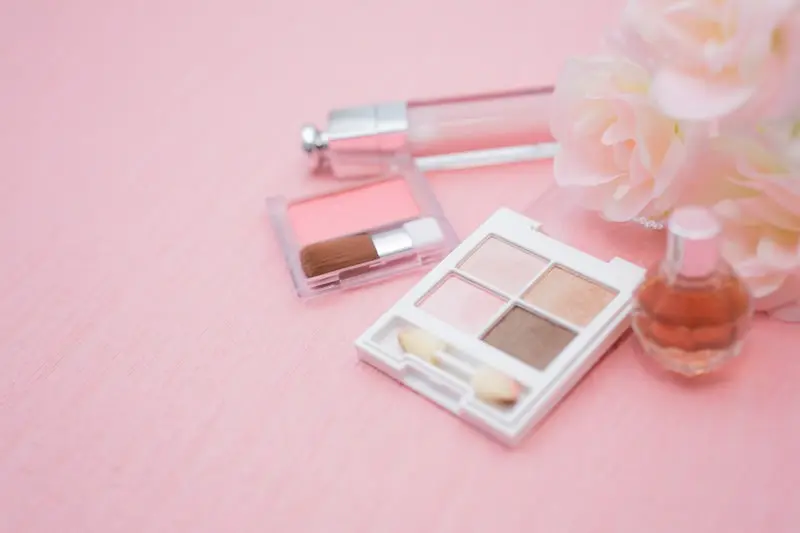
Japanese cosmetics are hugely popular among travelers.
Perhaps the phrase “Made in Japan” itself carries an unspoken promise of quality.
So you land in Japan, start looking for where to buy some,
and find a social-media post that says:
“100 yen shops are heaven!”
Curious, you step inside—and sure enough, there they are:
cute, pastel-colored bottles of lotion, lip balm, and mini skincare sets.
They all say “Made in Japan,” and the prices are unbelievably low.
“Wow! Heaven does exist!”
But hold on a second.
Many cosmetics sold at 100 yen shops are indeed “made in Japan,”
but that doesn’t mean they meet the same standards as major brands.
Ingredient safety, allergy testing, and overall quality control vary wildly.
Some products are heavily perfumed or simply harsh on the skin.
And if something goes wrong, you’ll likely find no English ingredient list—
and no one to call for help.
Would you really say “It’s only a hundred yen, what could go wrong?”
—when it’s going on your face?
Skip it.
Where to buy instead
Visit a drugstore like Matsumoto Kiyoshi, Ainz & Tulpe, or Welcia, where you’ll find travel-size items from trusted Japanese brands such as Shiseido, Kao, and Rohto.
1-4. Food & Drinks
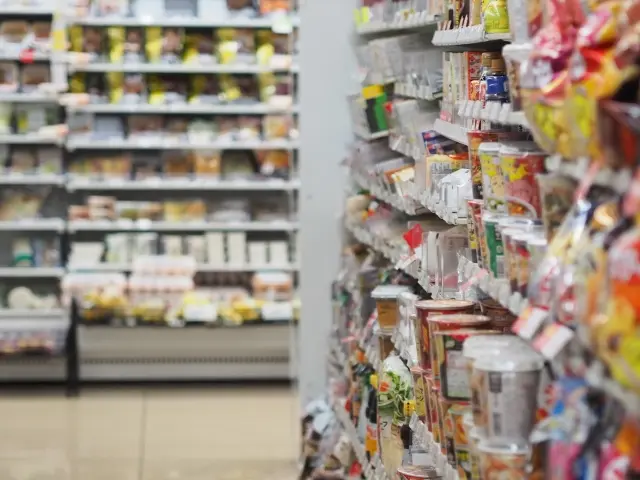
When everything in a store costs exactly 100 yen, something happens in the human brain:
we stop comparing, and we start grabbing.
That’s exactly what the food and drink section is designed for.
Walk down the aisle, and suddenly everything looks tempting.
Before you know it, you’ve got an armful of snacks and bottled drinks—
because, well, they’re all just a hundred yen, right?
But here’s the catch:
many food items at 100 yen shops come in smaller packages or are budget versions of what you’d find at supermarkets.
Even when they’re from the same manufacturer, the portion size is often half,
or the flavor slightly tweaked to keep costs low.
So while it may look like a good deal, it usually isn’t.
And then there are the unknown brands—snacks you’ve never heard of,
quietly sitting beside the famous ones, smiling as if to say,
“I’m delicious too.”
Whether you avoid these landmines or step right on them—it’s mostly luck.
Don’t buy it.
Where to buy instead
Head to supermarkets like Aeon, Life, or Seijo Ishii for fresher, better-value snacks and drinks.
1-5. Stationery
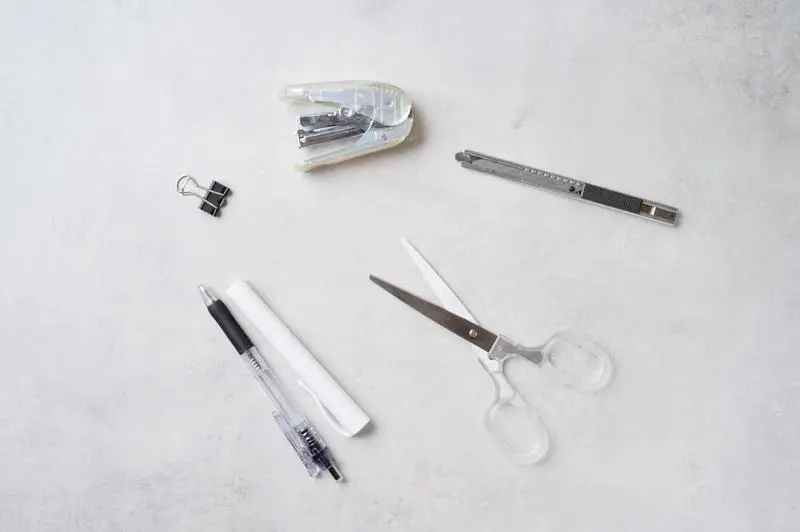
Japanese stationery has a well-earned reputation overseas — precise, durable, and smooth to write with.
So it’s only natural for travelers to think, “I’ll pick up some Japanese pens while I’m here.”
And honestly, I couldn’t agree more.
But the next step matters.
The place you should head to is not the 100 yen shop.
Those neatly arranged pens and pencils may look like real Japanese stationery,
but many are just cheap imitations wearing a “Made in Japan” disguise.
Sure, the label might say it — but that doesn’t mean the pen won’t dry out,
the tip won’t deform, or the lead won’t snap the moment you press a little too hard.
They often mimic the appearance of “trusted Japanese stationery,”
but not the craftsmanship behind it.
Just as an impersonator’s song won’t move you like the real artist,
these won’t show you what makes Japanese stationery great.
And when you’re at the airport filling out your arrival card,
the last thing you want is a pen that refuses to write.
Don’t buy it.
Where to buy instead
Try Muji, Loft, or Tokyu Hands for reliable everyday stationery.
If you’re after truly premium Japanese craftsmanship, visit Itoya in Ginza — it’s a stationery paradise for serious pen lovers.
1-6. Batteries
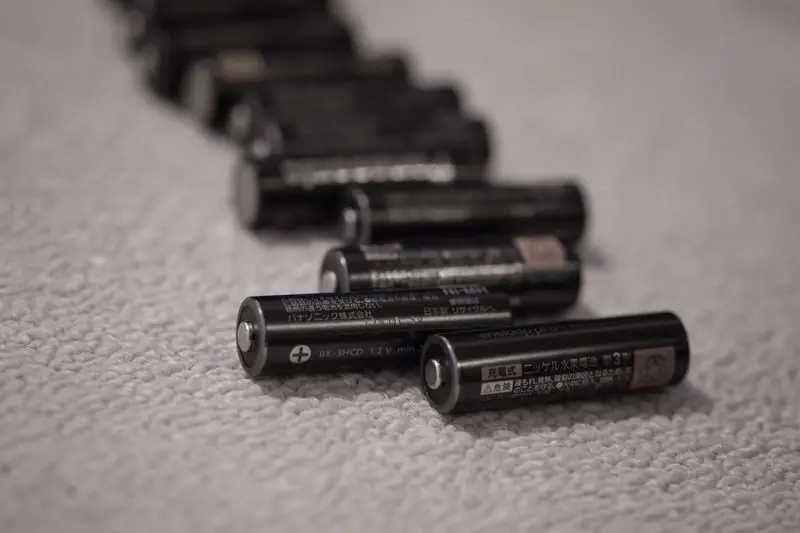
In Japan, the risks of using 100-yen-store batteries have been talked about for years.
The reasons are usually twofold:
・Short lifespan
・Risk of leakage
To be fair, the first issue — short life — has reportedly improved in recent years.
Some even argue that, if you divide price by runtime, cheap batteries may actually beat those from famous brands.
But the second issue — leakage — still remains.
Even name-brand batteries can leak, of course, but the difference lies in how often it happens and how the company handles it afterward.
No-name brands rarely provide compensation or support when something goes wrong.
Now imagine discovering the inside of your camera corroded by a nameless battery,
and realizing there’s absolutely no one to complain to.
Avoid it.
Where to buy instead
Trusted brands like Panasonic, Toshiba, or Mitsubishi are sold at supermarkets and electronics stores —
and if it’s an emergency, even convenience stores will have you covered (at a slight premium).
1-7. Kitchen Knives or Scissors
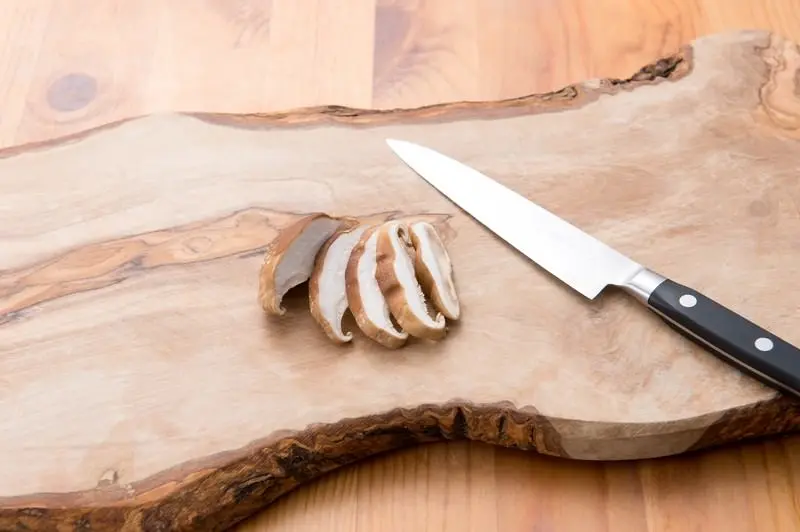
When it comes to high-quality blades, two countries stand above the rest: Japan and Germany.
Japanese kitchen knives, in particular, are often described by chefs around the world as works of art.
Their sharpness, balance, and beauty are legendary —
so it’s only natural for travelers to think, “I’ll buy a real Japanese knife as a souvenir.”
And then, at a 100 yen shop, they spot one:
A knife — made in Japan!
Here’s the cruel truth:
A real Japanese knife will never be cheap.
These are items closer to craftsmanship than to mass production.
(I’m Japanese myself, and even as someone who loves cooking, I don’t own a truly “high-end” knife.)
100 yen shop knives and scissors may look fine at first glance,
but they tend to be dull, chip easily, and have loose handles.
Worse yet, their lack of sharpness can actually increase the risk of cutting yourself.
And if you post on social media saying “Japanese knives are amazingly sharp,”
with your hand wrapped in bandages — that’s… barely funny.
Just don’t.
Where to buy instead
Head to Kappabashi (Tokyo) or Doguyasuji (Osaka) for real Japanese kitchen knives.
For scissors that actually cut straight, brands like Kai, Feather, and PLUS are your best bet —
you’ll find them at department stores and stationery boutiques across Japan.
2. Before You Go
If you’ve made it this far, congratulations —
you now know more about Japan’s 100 yen shops than most tourists (and probably a few locals).
They’re full of clever, affordable finds —
but some shelves are better admired from a safe distance.
Shop smart, not cheap.

